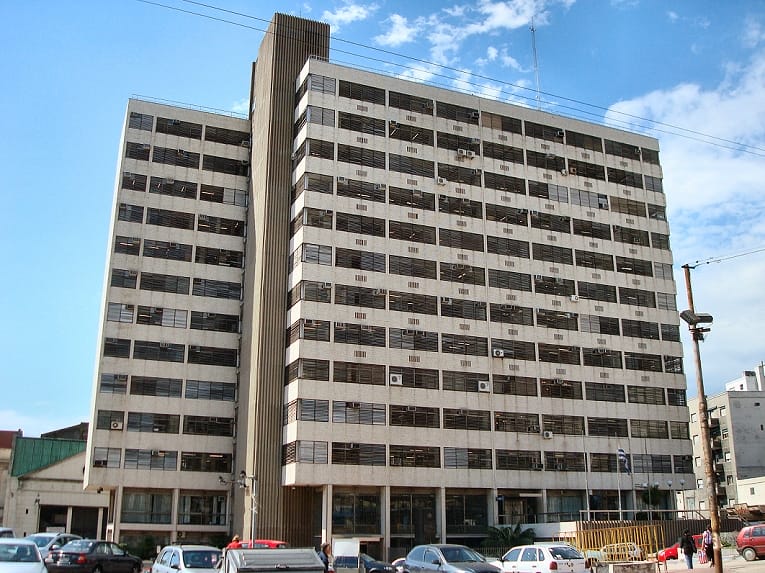Local cryptocurrency companies want greater clarification from the Central Bank, which will begin regulating the market.

The leaders of Uruguay’s cryptocurrency sector have praised a new law that will control the country’s cryptocurrency trading.
Per the media outlets Ámbito Financiero and iProUP, the Uruguayan parliament and President Luis Lacalle Pou signed off a law that gives the nation’s Central Bank supervisory power over domestic crypto exchanges.
Uruguay Now a LATAM Crypto Leader?
As a result, according to public figures, Uruguay is now “one of the few nations in the LATAM region” with a “legal framework” for cryptocurrencies.
The new law is “an important framework of guarantees for the financial system,” according to the Uruguayan Fintech Chamber (CUF).
The move was described by the CUF as “a significant milestone” in the advancement of the industry. The organization projects a 44% yearly growth in the fintech sector in Uruguay.
But the CUF also included a warning note, implying that the bank has not yet provided details on how it intends to regulate the industry.
“It is now essential to understand how the Central Bank will implement this regulation.”Uruguayan Fintech Chamber

We Need More Details, Claim Industry Chiefs
The chamber continued by saying that further information regarding “the forms and estimated deadlines” that the bank would impose on cryptocurrency operators was still pending.
“For the first time in Uruguay, a basic framework has been established that recognizes and legislates on the existence of cryptoassets.”CUF
In late 2021, the bank first started looking into potential cryptocurrency laws. It then forwarded a number of recommendations to the government.
After making these changes, the government sent the draft bill to the parliament, which worked on it until last month’s vote.
Yamandu Orsi of Uruguayan opposition party Broad Front would aim to achieve a fiscal surplus if he wins the October election, according to his pick for finance chief, Gabriel Oddone https://t.co/OLUa02uGUm
— Bloomberg (@business) September 24, 2024
A New Supervisor
Brazil, Venezuela, and Argentina have all previously implemented similar regulatory measures.
In the meantime, El Salvador has gone one step further and recognized Bitcoin (BTC) as legal money.
The Central Bank of Uruguay is given “supervisory and regulatory” authority over cryptocurrency providers, according to a recent law.
In addition, it will introduce a registry system and limit the issuance of permits to companies meeting specific requirements.
Anti-money laundering and counter-financing of terrorism regulations must also be followed by cryptocurrency exchanges, fund managers, and wallet operators.
Additionally, the new law amends current securities law to give legal definitions for terms like “cryptoasset.”















Leave a Reply